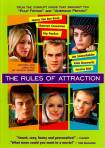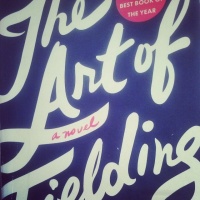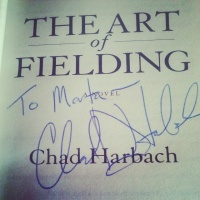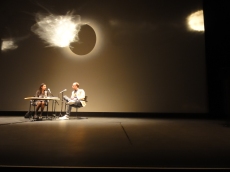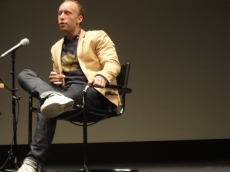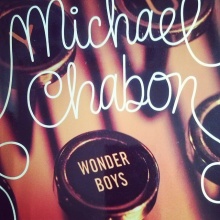
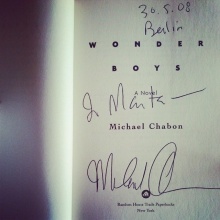
The American Scholar, Summer 2007
Love on Campus. Why we should understand, and even encourage, a certain sort of erotic intensity between student and professor
By William Deresiewicz
“Look at recent movies about academics, and a remarkably consistent pattern emerges. In The Squid and the Whale (2005), Jeff Daniels plays an English professor and failed writer who sleeps with his students, neglects his wife, and bullies his children. In One True Thing (1998), William Hurt plays an English professor and failed writer who sleeps with his students, neglects his wife, and bullies his children. In Wonder Boys (2000), Michael Douglas plays an English professor and failed writer who sleeps with his students, has just been left by his third wife, and can’t commit to the child he’s conceived in an adulterous affair with his chancellor. Daniels’s character is vain, selfish, resentful, and immature. Hurt’s is vain, selfish, pompous, and self-pitying. Douglas’s is vain, selfish, resentful, and self-pitying. Hurt’s character drinks. Douglas’s drinks, smokes pot, and takes pills. All three men measure themselves against successful writers (two of them, in Douglas’s case; his own wife, in Daniels’s) whose presence diminishes them further. In We Don’t Live Here Anymore (2004), Mark Ruffalo and Peter Krause divide the central role: both are English professors, and both neglect and cheat on their wives, but Krause plays the arrogant, priapic writer who seduces his students, Ruffalo the passive, self-pitying failure. A Love Song For Bobby Long (2004) divides the stereotype a different way, with John Travolta as the washed-up, alcoholic English professor, Gabriel Macht as the blocked, alcoholic writer. […] What’s going on here? If the image of the absent-minded professor stood for benevolent unworldliness, what is the meaning of the new academic stereotype? Why are so many of these failed professors also failed writers? Why is professional futility so often connected with sexual impropriety? […] Why are these professors all men, and why are all the ones who are married such miserable husbands?”
Love on Campus
A student paper on a similar subject (analyses of Wonder Boys, On Beauty and The Art of Fielding):
http://scholar.harvard.edu/claybaugh/pages/biblarz-campus-novel-sex-campus-other-musings



